
5 Great Book Club Picks
Book club going digital? We’ve rounded up some of our Forge book club favorites that all have reading group guides to spark your discussion!

Book club going digital? We’ve rounded up some of our Forge book club favorites that all have reading group guides to spark your discussion!
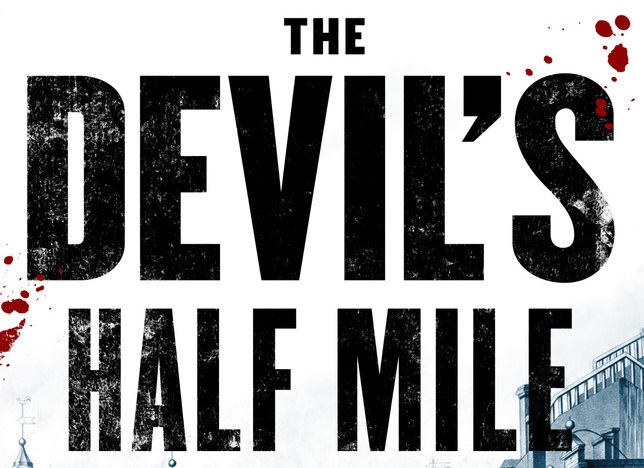
The ebook edition of The Devil’s Half Mile by Paddy Hirsch is on sale now for only $2.99! Get your copy today! About The Devil’s Half Mile: Seven years after a financial crisis nearly toppled America, traders chafe at government regulations, racial tensions are rising, gangs roam the streets and corrupt financiers make back-door deals…
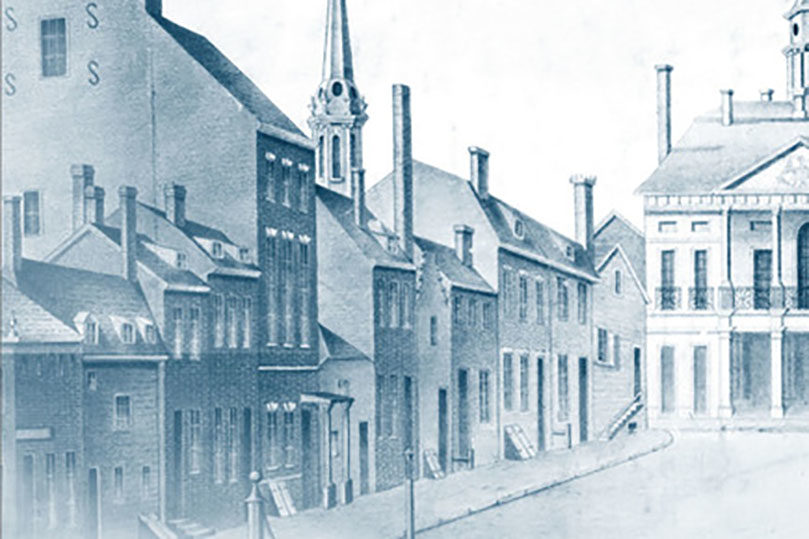
Enjoy this free Reading Group Guide for The Devil’s Half Mile by Paddy Hirsch!

Explore downtown New York in 1799 as seen in Paddy Hirsch’s new historical novel The Devil’s Half Mile with this interactive map, including photos and clips from the audio book.
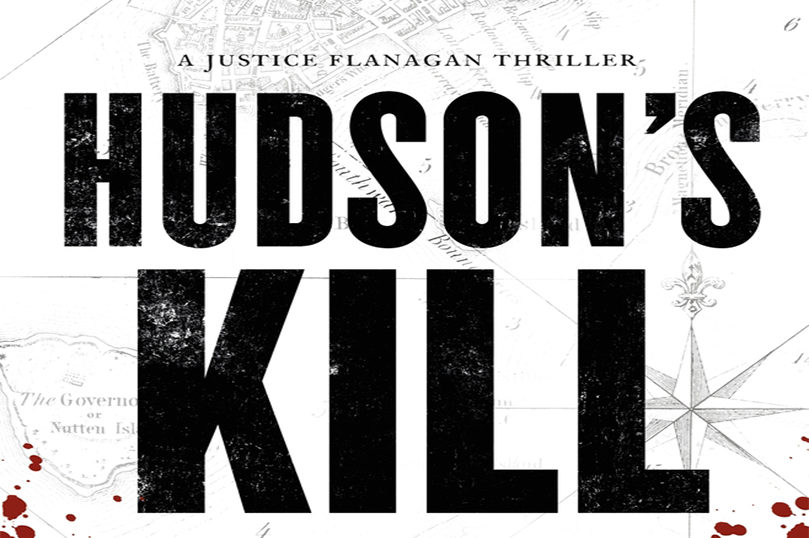
Paddy Hirsch provides some information on what life might look like for a convict at the end of the eighteenth century in New York City.
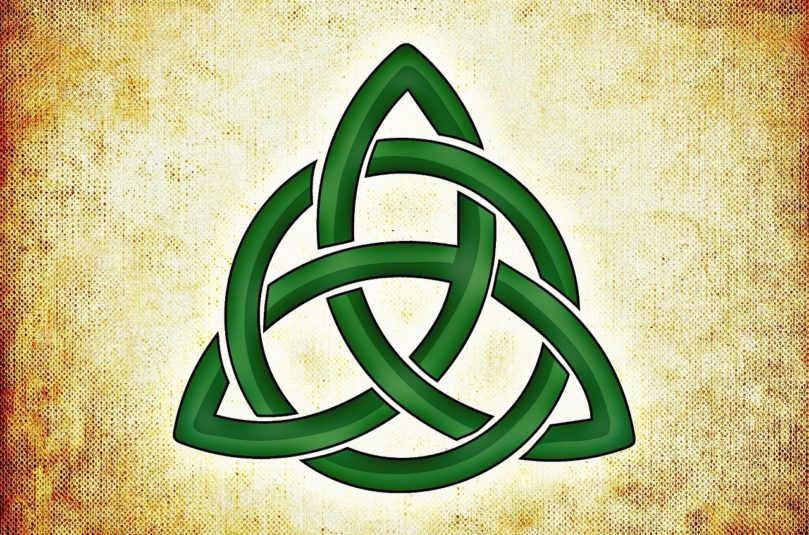
Irish author Paddy Hirsch reflects on how different St. Patrick’s Day is in Ireland and America.
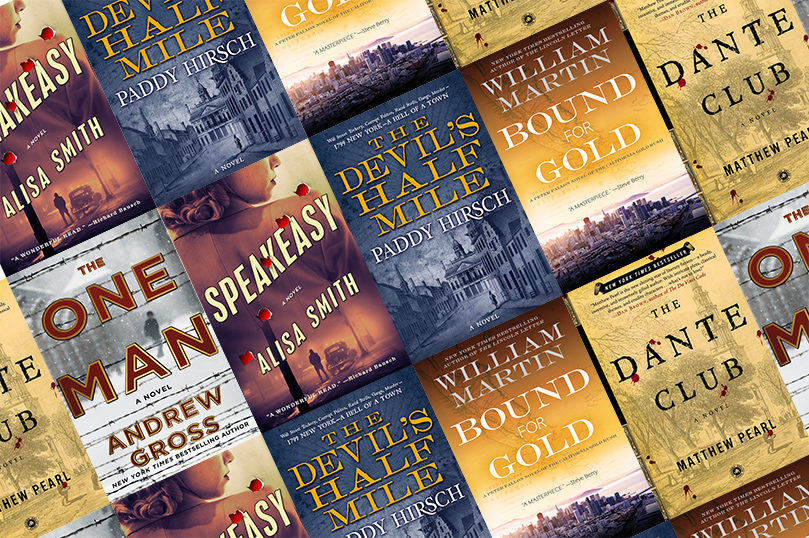
We love both historical fiction and pulse-pounding thrillers – so here are some books that perfectly combine the two, from the end of the 18th century to the tumultuous days of World War II.
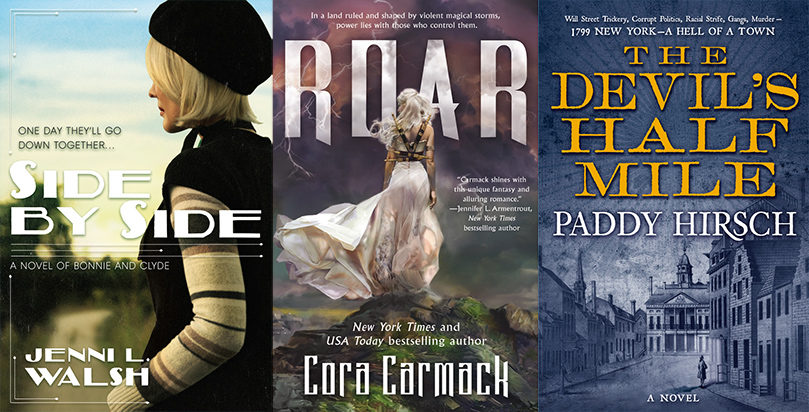
New from Jenni L. Walsh, Cora Carmack, Paddy Hirsch, and more!

Tor/Forge authors are on the road in June! See who is coming to a city near you this month.
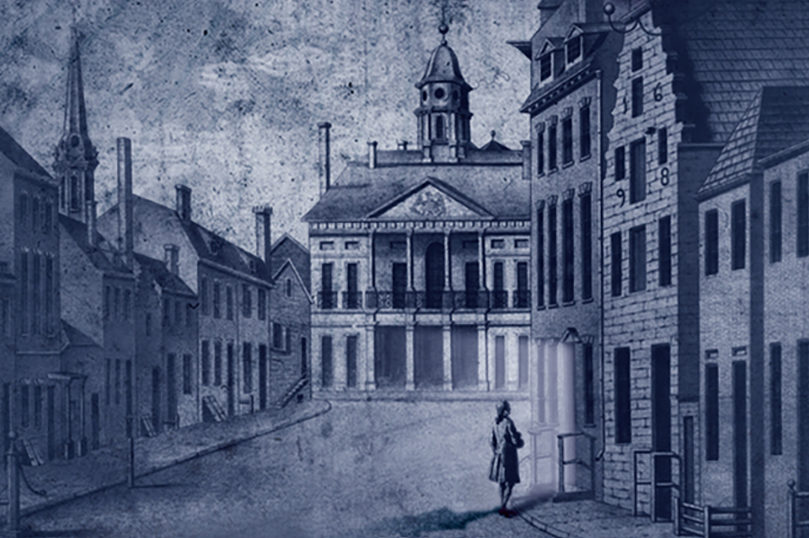
It’s 1799 – welcome to the greatest city in the world. New York at the turn of the 18th century looked just a bit different than it does today, though. Sections of Manhattan were still underwater, revolutionary legends like Alexander Hamilton still roamed the streets, and plumbing for the city’s growing population remained an unaddressed…